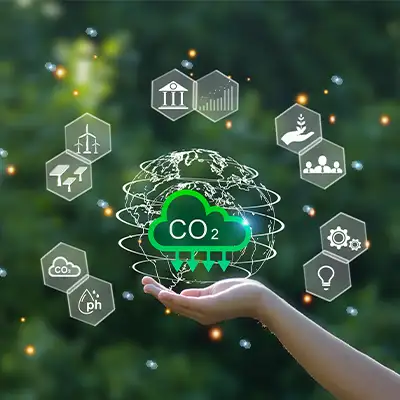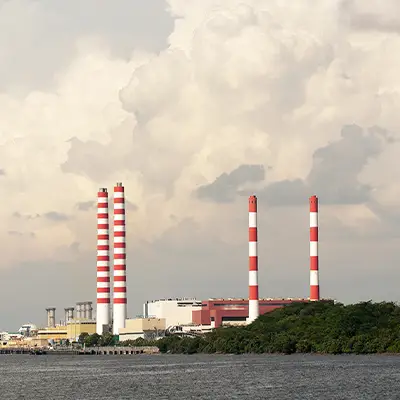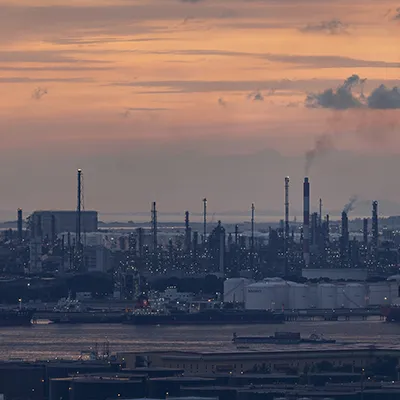The Singapore government is partnering a consortium formed by ExxonMobil and Shell to study the feasibility of a cross-border carbon capture and storage (CCS) project, with the aim of starting the project by 2030, said Second Minister for Trade and Industry Tan See Leng in Parliament on Friday (Mar 1).
CCS involves capturing, transporting and storing carbon dioxide so that it is not released into the atmosphere.
The partnership entails evaluating the technical and economic feasibility of aggregating carbon dioxide (CO2) emissions in Singapore and working with regional partners to identify potential CO2 storage sites.
Dr Tan said in his ministry’s Committee of Supply debate: “We are keen to work with like-minded partners to make cross-border CCS projects a reality, and realise the potential of our entire region as a CCS hub.”
He noted that under a recently signed Letter of Intent, Singapore and Indonesia will set up a workgroup for CCS cooperation.
In a joint statement, ExxonMobil and Shell said that the aim is to plan and develop a CCS project to capture and permanently store at least 2.5 million tonnes of CO2 a year. These emissions will be stored deep underground or under the seabed.








